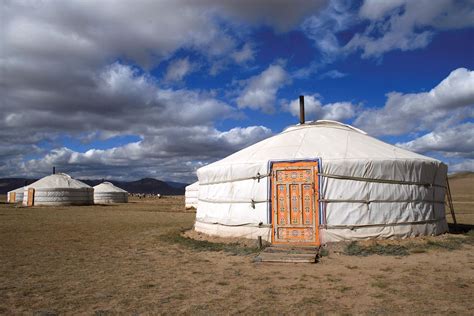Introduction
Nomadism, a lifestyle characterized by the movement of people and their livestock in search of sustenance, played a critical role in the development of human societies and the shaping of global history. In AP World History, nomadism is studied as an essential aspect of the interactions between different regions and civilizations and is recognized for its enduring legacy in shaping cultural landscapes and economies.

The Significance of Nomadism in AP World History
1. Economic and Environmental Adaptation
nomadic pastoralists developed sophisticated adaptation strategies to thrive in diverse ecosystems, ranging from arid steppes to vast grasslands. Their ability to manage livestock and move with the changing seasons allowed them to exploit resources effectively. Nomadic societies also practiced transhumance, a seasonal migration pattern that ensured access to different grazing lands and reduced environmental pressure.
2. Political and Military Influence
Nomadic groups often wielded significant political and military power. Their mobility and adaptability enabled them to control vast territories and establish trade networks. The Mongol Empire, led by Genghis Khan, is a prime example of how nomadic people could conquer and rule over large empires. Nomadic cavalry armies were highly feared and effective, playing a crucial role in shaping political landscapes and influencing cultural interactions.

3. Cultural Exchange and Diffusion
nomads served as conduits for cultural exchange and diffusion, facilitating the spread of ideas, technologies, and beliefs across vast distances. Their constant movement and interaction with diverse communities fostered cultural cross-pollination. Nomadic traders and travelers played a key role in the Silk Road, a network of trade routes connecting East and West, facilitating the exchange of goods and cultural influences.
4. Environmental Stewardship
Nomadic societies developed intricate knowledge of their environments and the intricate relationships between humans and nature. Their holistic approach to land management and sustainable practices ensured the preservation of fragile ecosystems. By understanding the carrying capacity of different regions and adapting their grazing patterns accordingly, nomads contributed to the conservation of natural resources.
5. Historical Legacies
The legacy of nomadic societies continues to shape present-day cultures and economies. The distribution of ethnic groups, languages, and cultural traditions often reflects the historical patterns of nomadic migrations. For example, the vast Mongolian steppes are home to numerous nomadic herder communities, preserving the cultural traditions and practices of their ancestors.
Case Studies of Significant Nomadic Societies
1. The Bedouin of Arabia
The Bedouin, a nomadic people of the Arabian Peninsula, exemplified the resilience and adaptability of nomadic societies. They developed specialized knowledge of desert survival, utilizing camels for transportation and sustenance. The Bedouin were also renowned for their intricate social structures, emphasizing hospitality and maintaining strong kinship networks.
2. The Mongols of Central Asia
The Mongols, under the leadership of Genghis Khan, established one of the largest and most influential empires in history. Their nomadic lifestyle and highly effective military tactics allowed them to conquer vast territories, stretching from Central Asia to Eastern Europe. The Mongol Empire played a significant role in connecting different regions and facilitating cultural exchange.
3. The Maasai of East Africa
The Maasai, a semi-nomadic pastoralist society of East Africa, are known for their distinctive traditions and cultural practices. Their semi-nomadic lifestyle has allowed them to maintain their cultural heritage while adapting to modern challenges. The Maasai have also contributed to the preservation of wildlife and ecosystems through their traditional grazing practices.
Conclusion
Nomadism has played a multifaceted and enduring role in shaping human history. From economic adaptation to cultural exchange, nomadic societies have left an indelible mark on the world. Their ingenuity, resilience, and cultural contributions continue to inspire and inform present-day societies. Understanding the significance of nomadism in AP World History provides a deeper understanding of the interconnectedness of human civilizations and the dynamic processes that have shaped our global community.
